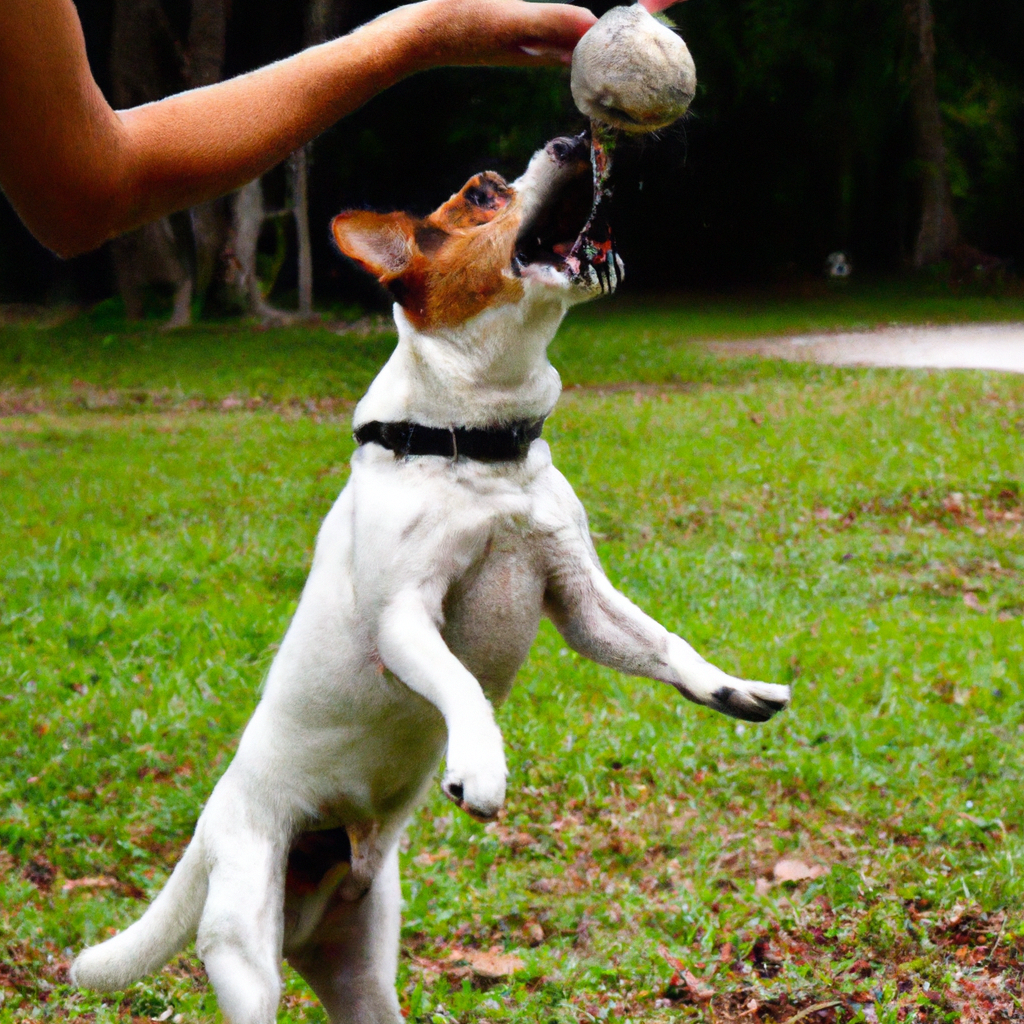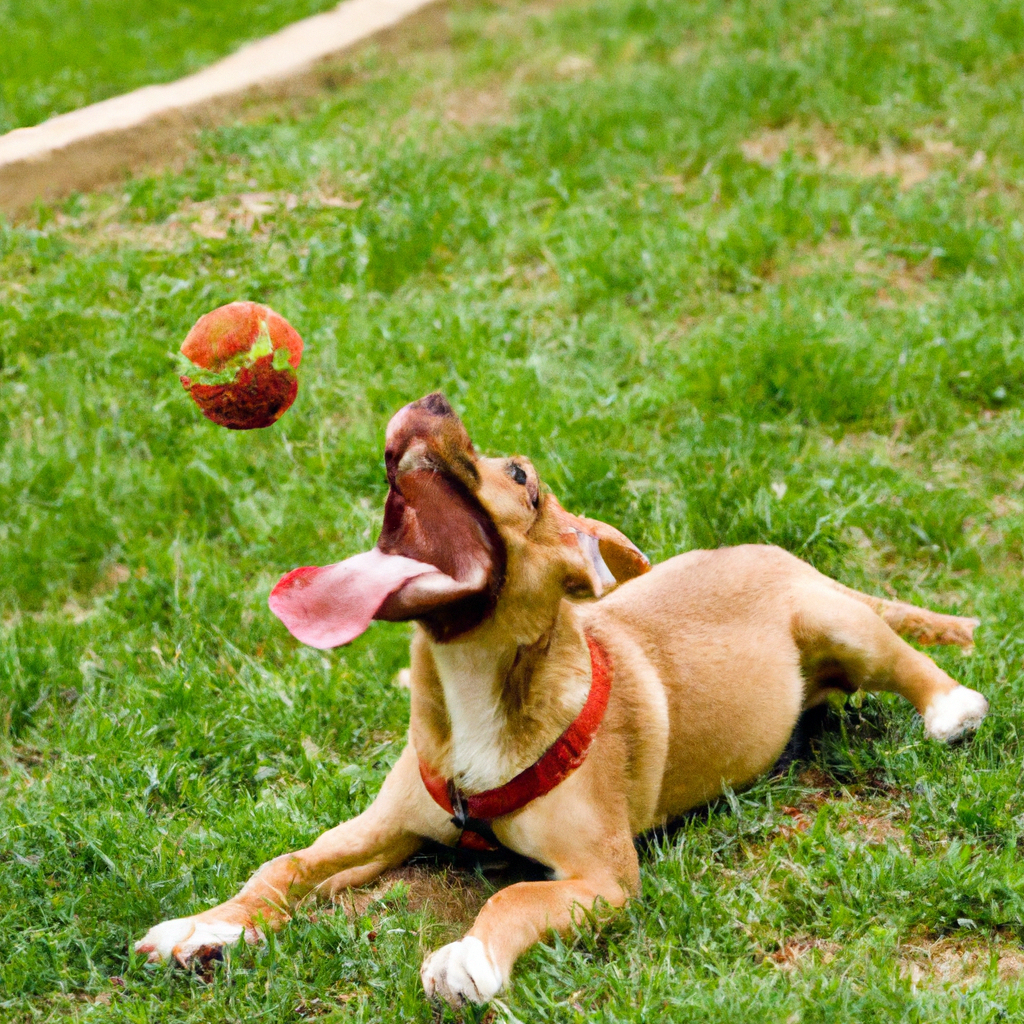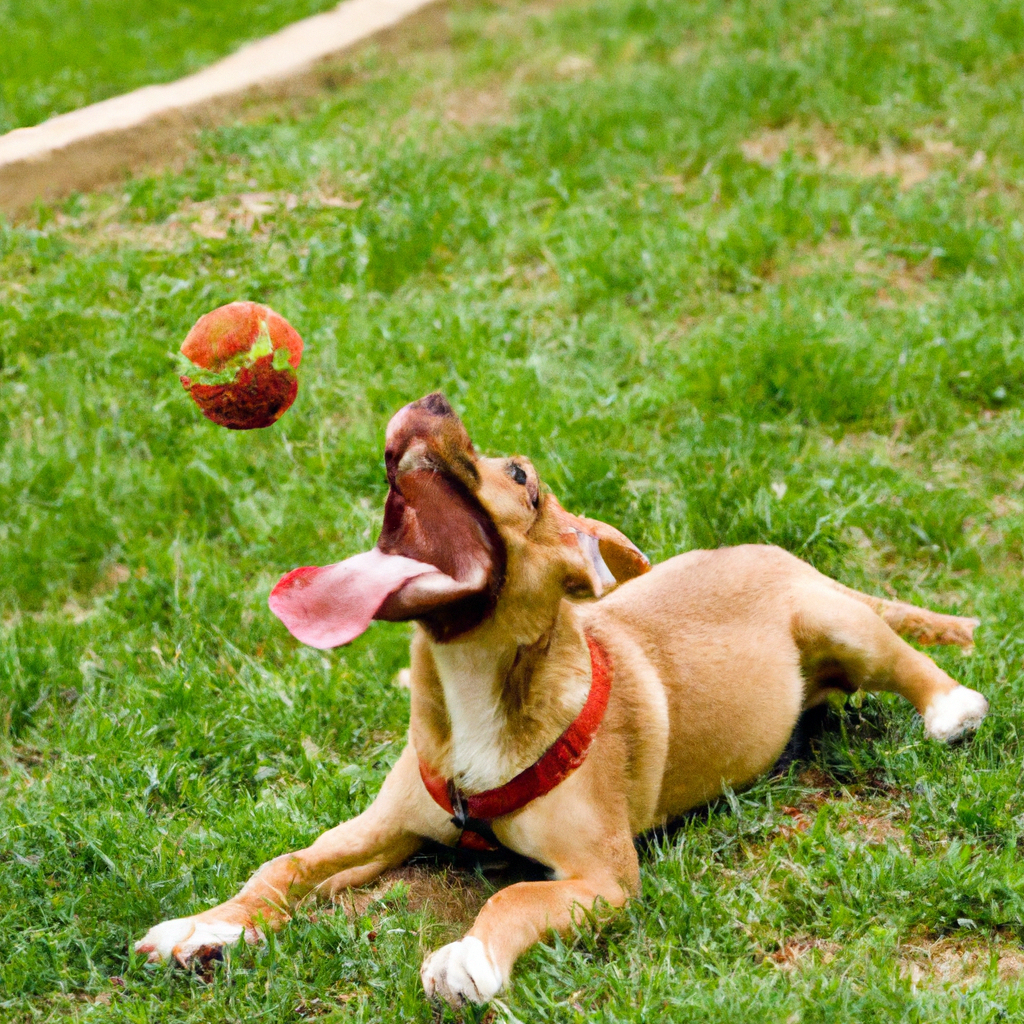So you’ve got a furry friend who you absolutely adore and want to keep as healthy as possible? You’re in the right place! In this article, we’ll be discussing some tips and tricks to help you maintain your dog’s overall well-being. From proper nutrition to regular exercise and regular check-ups, we’ve got you covered. So grab a leash, sit back, and get ready to learn the best ways to keep your four-legged companion in tip-top shape. Let’s dive in!
Proper Nutrition
When it comes to keeping your dog healthy, providing a balanced diet is crucial. Just like humans, dogs require a variety of nutrients to maintain optimal health. Make sure to feed your furry friend a well-balanced diet that includes proteins, carbohydrates, fats, vitamins, and minerals. Consult with your veterinarian to determine the specific nutritional needs of your dog based on factors such as age, breed, and activity level.
Choosing high-quality dog food is another important aspect of ensuring your dog’s nutritional needs are met. Look for reputable brands that use high-quality ingredients and avoid those that contain fillers or artificial additives. Reading the ingredient list and understanding the nutritional content of the food will help you make an informed decision. Remember, the quality of the food you choose directly impacts your dog’s overall health and well-being.
In some cases, nutritional supplements may be necessary to support your dog’s specific health needs. These supplements can provide additional support for various areas of your dog’s health, such as joint health, skin and coat condition, or digestive health. However, it’s important to consult with your veterinarian before introducing any supplements to ensure they are safe and appropriate for your dog.
Regular Exercise and Mental Stimulation
Just like humans, dogs benefit greatly from regular exercise and mental stimulation. Establishing an exercise routine is essential for your dog’s physical health. Depending on your dog’s breed and energy level, they may require different amounts of exercise. For some dogs, a daily walk around the neighborhood may be sufficient, while others may need more vigorous activities such as running, swimming, or agility training. Regular exercise not only helps maintain a healthy weight but also promotes cardiovascular health and overall mental well-being.
In addition to physical exercise, engaging in interactive play is essential for your dog’s mental stimulation. Playtime allows your dog to engage their mind, satisfy their natural instincts, and prevent boredom. Whether it’s playing fetch, solving puzzle toys, or engaging in obedience training, interactive play strengthens the bond between you and your furry friend while keeping their mind sharp.
Providing mental stimulation is equally important for your dog’s overall well-being. Dogs are intelligent animals that need mental challenges to prevent boredom and destructive behavior. Consider incorporating activities such as hide-and-seek, scent work, or food puzzles into your dog’s daily routine to keep their mind active and engaged.
Routine Veterinary Care
Regular veterinary care is crucial in ensuring your dog’s health and catching any potential issues early on. Scheduling regular check-ups with your veterinarian allows for thorough examinations, vaccinations, and preventive care. These routine visits help identify any underlying health conditions and allow your veterinarian to provide appropriate treatment or management options.
Staying up-to-date on vaccinations is another important aspect of routine veterinary care. Vaccinations protect your dog against common and potentially deadly diseases such as rabies, distemper, parvovirus, and kennel cough. Vaccination schedules may vary depending on your dog’s age, lifestyle, and local regulations. Discuss with your veterinarian to determine the appropriate vaccination plan for your furry friend.
Preventive measures against parasites are also essential for maintaining your dog’s health. Fleas, ticks, and other external parasites can cause discomfort, transmit diseases, and lead to more serious health issues. Use flea and tick prevention products recommended by your veterinarian to keep these pesky parasites at bay. Additionally, regularly check your dog for any signs of fleas and ticks, and promptly treat any infestations to prevent further complications.
Maintaining a Healthy Weight
Keeping your dog at a healthy weight is crucial for their overall well-being. Obesity can lead to various health problems, such as joint issues, heart disease, and diabetes. Monitoring your dog’s food portions is important to prevent overfeeding. Follow the feeding guidelines provided on the dog food packaging and adjust as necessary based on your dog’s weight and activity level. Consult with your veterinarian if you are unsure about the appropriate portion size for your furry friend.
Offering healthy treats and snacks is another way to maintain a healthy weight for your dog. Opt for treats that are low in calories and made with wholesome ingredients. Avoid feeding table scraps or high-calorie human foods, as these can contribute to weight gain and unhealthy habits.
Adequate physical activity is crucial for weight management. Regular exercise not only burns calories but also helps build and maintain muscle mass. Engage in activities that are appropriate for your dog’s breed and age, promoting both cardiovascular health and muscle strength.
Dental Care
Proper dental care is often overlooked but plays a significant role in your dog’s overall health. Brushing your dog’s teeth regularly is the most effective way to prevent dental issues such as gum disease, tooth decay, and bad breath. Use a dog-specific toothbrush and toothpaste approved by your veterinarian. Start slowly and make toothbrushing a positive experience for your dog. Aim to brush your dog’s teeth at least a few times a week to maintain good oral hygiene.
In addition to regular brushing, providing dental chews or toys helps improve dental health. These products can help remove plaque and tartar buildup while satisfying your dog’s natural urge to chew. Make sure to choose dental chews or toys that are safe and appropriate for your dog’s size and chewing habits.
Professional dental cleanings may be necessary to address any existing dental issues or to thoroughly clean your dog’s teeth. Your veterinarian can recommend when and how often these cleanings are needed based on your dog’s dental health.
Grooming and Hygiene
Regular bathing and brushing are essential parts of maintaining your dog’s overall hygiene. Depending on your dog’s breed and coat type, bathing frequency may vary. Use a dog-specific shampoo that is gentle on their skin and coat. Take care not to overdo it, as excessive bathing can strip away essential oils from your dog’s skin.
Brushing your dog’s coat helps remove loose hair, prevent matting, and distribute natural oils for a healthy and shiny coat. Use a brush appropriate for your dog’s coat type and brush in the direction of hair growth. Regular brushing sessions also provide an opportunity to check for any skin issues, such as rashes, bumps, or signs of parasites.
Trimming your dog’s nails on a regular basis is important for their comfort and overall health. Overgrown nails can cause pain and discomfort, affect their gait, and potentially lead to more serious issues. If you’re unsure about nail trimming, consult with your veterinarian or a professional groomer for guidance.
Cleaning your dog’s ears and eyes is another important aspect of grooming. Use a gentle, dog-specific ear cleaner to remove any dirt or wax buildup from your dog’s ears. Be cautious not to insert anything deep into the ear canal as it can cause harm. For eye care, use a damp cloth to gently wipe away any discharge around your dog’s eyes. If you notice any redness, swelling, or discharge, contact your veterinarian for further evaluation.
Preventing and Treating Fleas and Ticks
Fleas and ticks are not only a nuisance but can also pose health risks to your dog. To prevent infestations, use flea and tick prevention products recommended by your veterinarian. These products come in various forms, such as topical treatments, collars, or oral medications. Follow the instructions carefully and consistently apply these preventive measures according to the recommended schedule.
Regularly checking your dog for fleas and ticks is crucial, especially after outdoor activities. Use a flea comb to thoroughly comb through your dog’s fur, paying close attention to areas like the neck, ears, armpits, and hindquarters where these pests tend to hide. If you find any fleas or ticks, remove them immediately using tweezers or a tick removal tool. Be sure to grasp the pest’s body close to the skin and pull straight out to minimize the risk of leaving behind any parts.
If your dog does become infested with fleas or ticks, prompt treatment is necessary to prevent further complications. There are various shampoos, sprays, and spot-on treatments available to eliminate these parasites. Consult with your veterinarian to determine the most appropriate treatment option based on your dog’s specific situation.
Socialization and Training
Providing socialization opportunities for your dog is crucial for their emotional well-being and overall behavior. Exposing your dog to different situations, environments, and people helps them become well-rounded and confident. Take your dog on outings, visits to dog-friendly places, or introduce new experiences gradually. This exposure helps your dog develop positive associations and reduces the likelihood of fear or anxiety issues.
Positive interactions with other dogs are also important for your dog’s socialization. Organized playdates or visits to dog parks can provide opportunities for your dog to interact and socialize with their canine counterparts. However, always supervise these interactions to ensure the safety and well-being of all involved.
Training is another important aspect of keeping your dog healthy and well-behaved. Enrolling in training classes or working with a professional dog trainer can provide structure, guidance, and mental stimulation for your furry friend. Training helps establish boundaries, enhances communication between you and your dog, and promotes good behavior.

Provide a Safe Environment
Creating a safe environment for your dog is essential to prevent accidents and injuries. Secure the perimeter of your property to prevent your dog from wandering off or getting lost. Install secure fencing and regularly inspect for any potential escape routes or hazards.
Remove any toxic plants or substances from your dog’s environment. Certain plants can be toxic to dogs if ingested, and household chemicals or cleaning products should be stored properly to prevent accidental exposure.
Keep dangerous objects out of reach to prevent choking hazards or injuries. Make sure cords, small toys, or sharp objects are stored safely away from your dog’s access.
Monitor and Address Behavior Changes
Being vigilant about your dog’s behavioral changes is essential in maintaining their health. Pay attention to changes in appetite or water intake, as fluctuations may indicate underlying health issues. Increases or decreases in food or water consumption, as well as changes in weight, should be discussed with your veterinarian.
Watch for any unusual behavior or lethargy. Dogs are skilled at hiding discomfort or pain, so changes in behavior such as excessive sleeping, restlessness, aggression, or reluctance to engage in activities should not be ignored.
If you notice any concerning behavior changes, it’s important to seek veterinary advice promptly. Early intervention and treatment can greatly improve the outcome for your dog’s health.
In conclusion, keeping your dog healthy requires a comprehensive approach that includes proper nutrition, regular exercise, routine veterinary care, weight management, dental care, grooming and hygiene, parasite prevention, socialization and training, a safe environment, and monitoring behavior changes. By following these guidelines and providing the necessary care, you can ensure your furry friend lives a long, happy, and healthy life.


